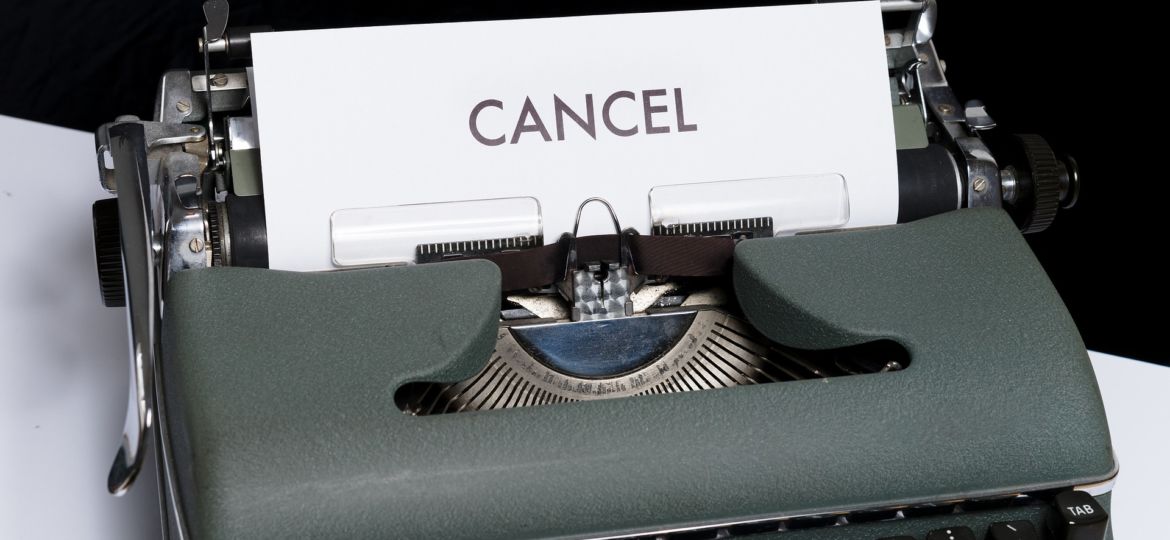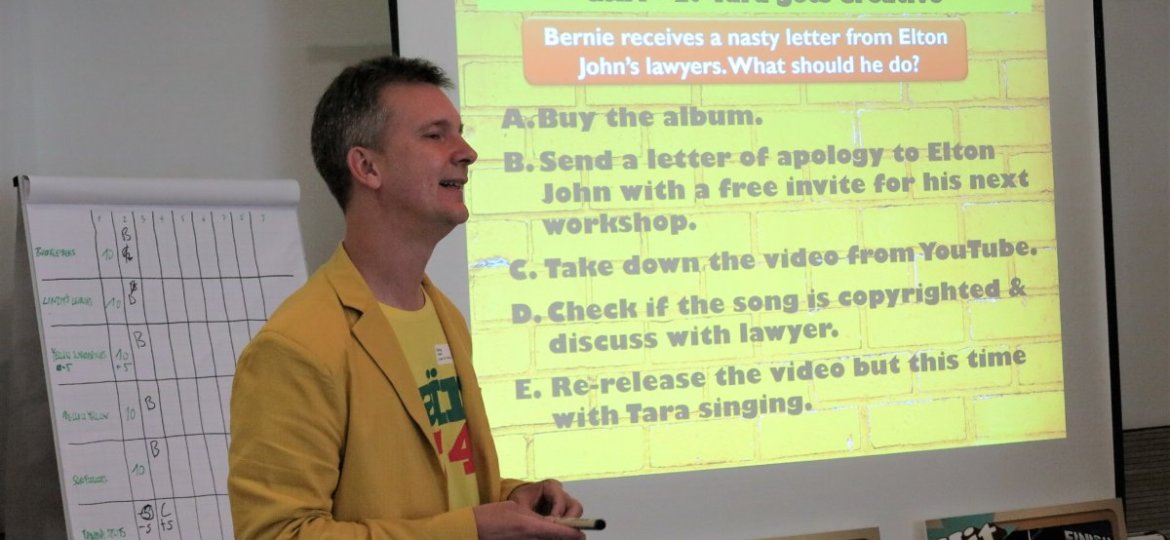Dilution occurs when a company issues new shares, reducing the ownership percentage of existing shareholders. This typically happens during fundraising rounds when new investors come on board, or through employee stock options, convertible securities, or mergers. Dilution can significantly impact an existing shareholder’s control over the company and their share of future profits.
Kelly Logan
Understanding dilution is crucial for founders, particularly as they seek investment and scale their businesses. When high-growth companies attract investor capital, some level of dilution is expected. So here are five essential points every founder should know about dilution.
A shareholders agreement is a legally binding contract between the shareholders of a company and the company. It outlines the rights, responsibilities, and obligations of the shareholders and governs the relationship between them and the company. The parties to a shareholders agreement are typically the founder shareholders and the company and may also include investor shareholders and key stakeholders such as employees who have equity stakes. A shareholder agreement does not have any prescribed form and as such can be flexibly drafted to meet the needs of the relevant parties.
Navigating the landscape of intellectual property (IP) licenses can be complex, particularly when dealing with university technology transfer offices. These offices manage the commercialization of innovations developed within academic institutions. Securing a license from a university technology transfer office requires a strategic approach and a understanding of the process. Here are some key considerations and steps to successfully negotiate an IP license.
In the digital age, regulations and directives have been established to protect consumers and ensure a level playing field for businesses. Three significant pieces of legislation in this realm are the Digital Services Act (DSA), the General Data Protection Regulation (GDPR), and the Consumer Rights Directive (CRD). This article provides a brief overview of each and outlines the fines and penalties associated with non-compliance.
In the United Kingdom, promotional activities like lotteries, competitions, and prize draws are common marketing tools used by businesses to attract customers. However, these activities are governed by specific laws and regulations to ensure fairness and transparency. Understanding the differences between these promotions and the relevant legal framework is crucial for business.
Software as a Service (SaaS) agreements and software license agreements are both legal contracts that govern the use of software, but they have distinct differences in terms of their scope, terms, and how software is provided to users. Here are the main differences between these two types of agreements.
The European Union (EU) is a lucrative market for many US-based e-commerce companies. However, selling to consumers in the EU requires compliance with a myriad of regulations and directives. This article highlights the most important e-commerce laws that US companies must be aware of when selling to European consumers.
When offering their software, vendors often seek to establish partnerships to extend their reach, tap into new markets, and leverage the strengths of other organizations in different territories or markets. Yet, while these partnerships can be mutually beneficial, vendors may wish to limit the scope of their software reselling for various reasons. These reasons can range from avoiding market saturation to ensuring the proper representation of their brand in specific territories.
Online shopping has become a staple of modern commerce, and with it comes the necessity for clear consumer protection laws. Here’s a comparison of the rights of consumers in Switzerland and the United Kingdom (UK) when it comes to returning goods purchased online.
One of the key documents for any online business is a good set of general terms and conditions of sale. These are the rules that apply to your agreement with your customers which will help them know where they stand and also protect your business.
If you operate an e-commerce website in the European Union (EU) that sells to consumers you must provide certain key information so that the consumer can make an informed purchase decision i.e. whether or not to buy. This information must be made available …
Reading customer reviews and comparing rankings of suppliers are now an increasingly important part of the buying decision for online products and services. According to www.statista.com “nearly 70 percent of online shoppers typically read between one and six customer reviews before making a purchasing decision.”
If you are an e-commerce business selling services or digital content online to EU consumers do your customers enjoy a right of withdrawal? Well, yes!
What is the right of withdrawal and what are the key points an EU e-commerce business selling goods online needs to know?
While an e-commerce provider that lists its products and provides some contact details in accordance with the EU e-Commerce Directive has made a decent start to its EU online contracting compliance, this is not in itself sufficient.
Under copyright laws in the EU, Switzerland, and the UK, the freelancer owns the copyright in the work product they create for you. There is no automatic transfer of ownership to you just because …
Bernie launches an e-commerce platform and starts selling. Business was going great but then…
There are now many on-line platforms like Upwork and Fiverr where you can hire freelancers for a variety of different services. However, in hiring such talent you need to clarify contractually who owns the intellectual property (copyright) in the work product that is created by the freelancer.
Logan & Partners is pleased to announce its new partnership with Executives International. Logan & Partners, a proud member of Executives International for more than 5 years, will support the association’s activity, ensuring that all legal issues are properly dealt with.
Santiago collaborates with a network of freelancers from around the world and wants to make sure that his company owns the intellectual property rights in the work product.
As part of The Entrepreneur Series, we spoke with Santiago González Ocón, Founder and Ecoefficient Designer at Eco-efficient Design, the first Swiss company dedicated 100% to the industrial design of environmentally friendly products for companies.
One of the key documents for any business is a good set of general terms and conditions of sale (general conditions) for your product or service. Here are 3 key things you should consider when drafting general conditions for your business in Europe.
A resale software license is where you the owner grant the right to another person (the reseller) to sell your software to other customers in a particular territory or sector of the market.
Ekaterina Filippova from Ekat Communication is often asked by her clients about how they should draft their general terms and conditions of sale. Here is what Kelly Logan recommends.
First of our Entrepreneurs series is Ekaterina Filippova, from Ekat Communication, talking about a key issue that her clients face in the digital space: “How to get customers from social media?”
Bernie Amarillo believed he had done the biggest software deal of his lifetime when he sold his event simulation software. Unfortunately, in signing a standard contract he granted Sakura a worldwide exclusive software license in perpetuity that allowed her to redevelop and relabel the software and sub-license it…
What are the key things to consider when granting a software licence? Learn from the story of Bernie Amarillo.
Software is protected by copyright as a literary work. Copyright does not require registration as it automatically takes action from the moment of creation.
Generally, copyright gives the software owner the rights to prevent others from:
Bernie receives a test version of a software from a friend, likes the idea and decides to “adapt” it and create his own to then commercialize it. Soon he discovers that it was not wise to do so…
Bernie Amarillo, Swiss entrepreneur, goes to see Elton John at Montreux Jazz, gets inspired, re-brands and discovers the hard way what Copyright means.
Here is a short overview of the workshop delivered by Kelly Logan, Logan & Partners Managing Partner, together with Richard Tattershaw, from Sport Hit Factory, at the International Sports Chamber of Commerce in Lausanne.
A short overview of one of our best workshops of 2018: “Smart legal tools to grow your business” delivered by Kelly Logan.
Bernie is a successful sports entrepreneur with a hit product he wants to take online… but he does not have a clue about email marketing! Read his story. Can you help???
Refreshing and entertaining. A joyful learning experience. Full of valuable information – these are only a few of the inputs we received from the participants at the “Smart Legal Tools” workshop delivered by our Managing Partner, Kelly Logan.
On May 29th, Logan & Partners managing partner, Kelly Logan, together with Richard Tattershaw from Sport Hit Factory delivered an interactive workshop on “Hit or Miss? How to Make a Hit Sporting Product” at the International Sports Chamber of Commerce in Lausanne.
On June 14th, starting 15:30, Kelly Logan will hold an interactive workshop where you will work through real-life scenarios and learn how to deal with the following legal issues as you build your business
L&P managing partner, Kelly Logan, will be chairing the next ISCC (International Sports Chamber of Commerce) workshop on “Hit or Miss? How to Create a Hit Sporting Format”, together with Richard Tattershaw from Hit Sport Factory.



























